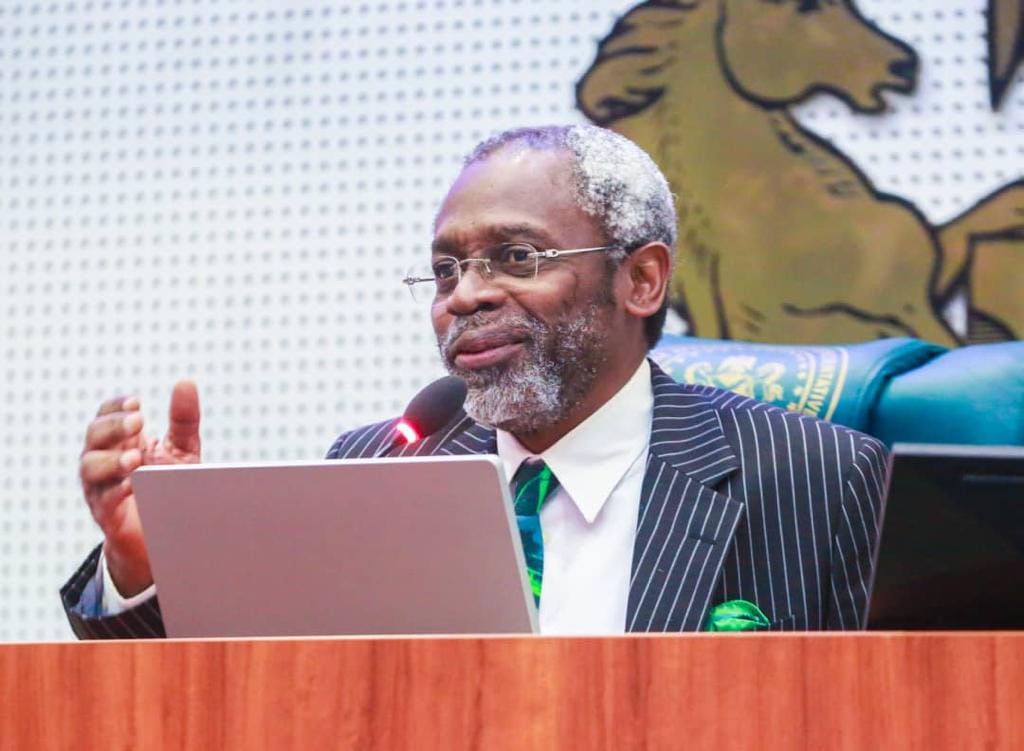Speaker of the House of Representatives, Femi Gbajabiamila, said all hands must be on deck to ensure academic strikes in universities become a thing of the past.
The Speaker made the comment in a statement welcoming the end of an eight-month long strike embarked upon by the Academic Staff Union of Universities.
The academics had demanded better welfare and revitalisation of public universities, among other demands.
While thanking the Federal Government and the ASUU leadership for finding a way to end the strike, Gbajabiamila said it is time to “admit certain harsh truths and take radical action.”
He regretted that the strike lasted for eight months and noted that it should never have happened in the first place.
“Our public universities should be citadels of learning and innovation, where young people discover themselves and reach for the stars,” he said.
Mr Gbajabiamila called on the government, universities, unions, and citizens “to begin the critical conversation about the future of public tertiary education in the country.”
Gbajabiamila’s intervention, along with other House members, was key in ending the eight-month old strike which was at a stalemate after the Federal Government dragged ASUU to court.
After meeting with President Buhari twice last week, the Gbajabiamila committee was able to broker a truce between both parties.
While all of ASUU’s demands have not been met, the Federal Government has made concessions.
In his budget presentation speech last week, President Muhammadu Buhari said a total of N470 billion has been earmarked in the 2023 budget for revitalisation and salary enhancements in the nation’s tertiary institutions, addressing some of ASUU’s main demands.
But the President also noted that government alone cannot continue to provide the resources required for funding tertiary education.
“In most countries, the cost of education is jointly shared between the government and the people, especially at the tertiary level,” the President said. “It is imperative therefore that we introduce a more sustainable model of funding tertiary education.”
He added that his administration was committed to implementing agreements reached with staff unions within the available resources.




